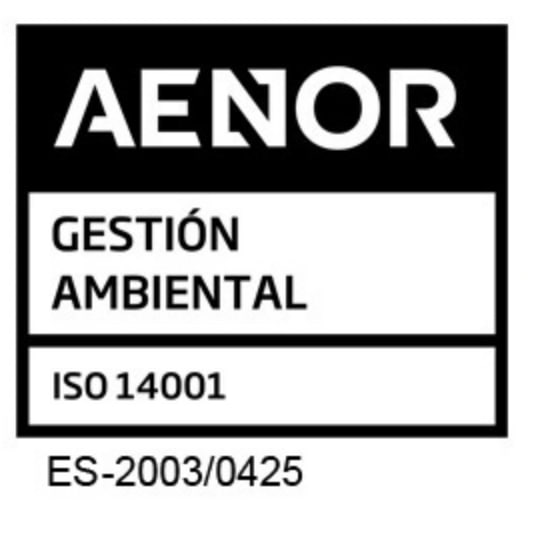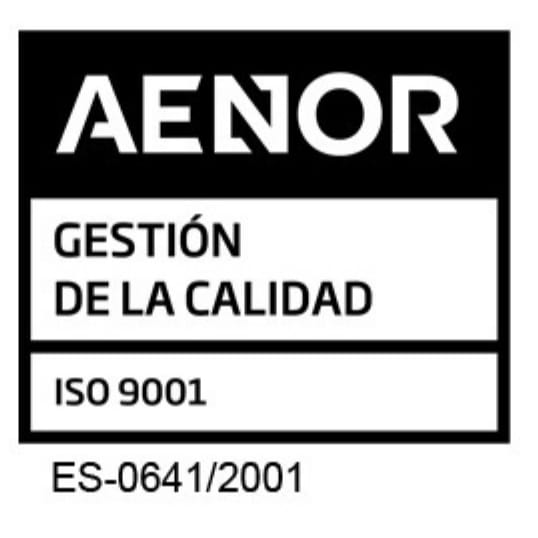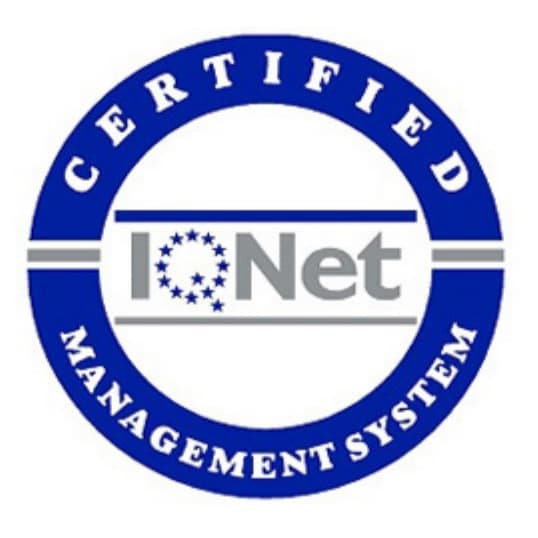NEW WINTER EQUIPMENT REGULATIONS FOR TRANSPORT VEHICLES IN FRANCE
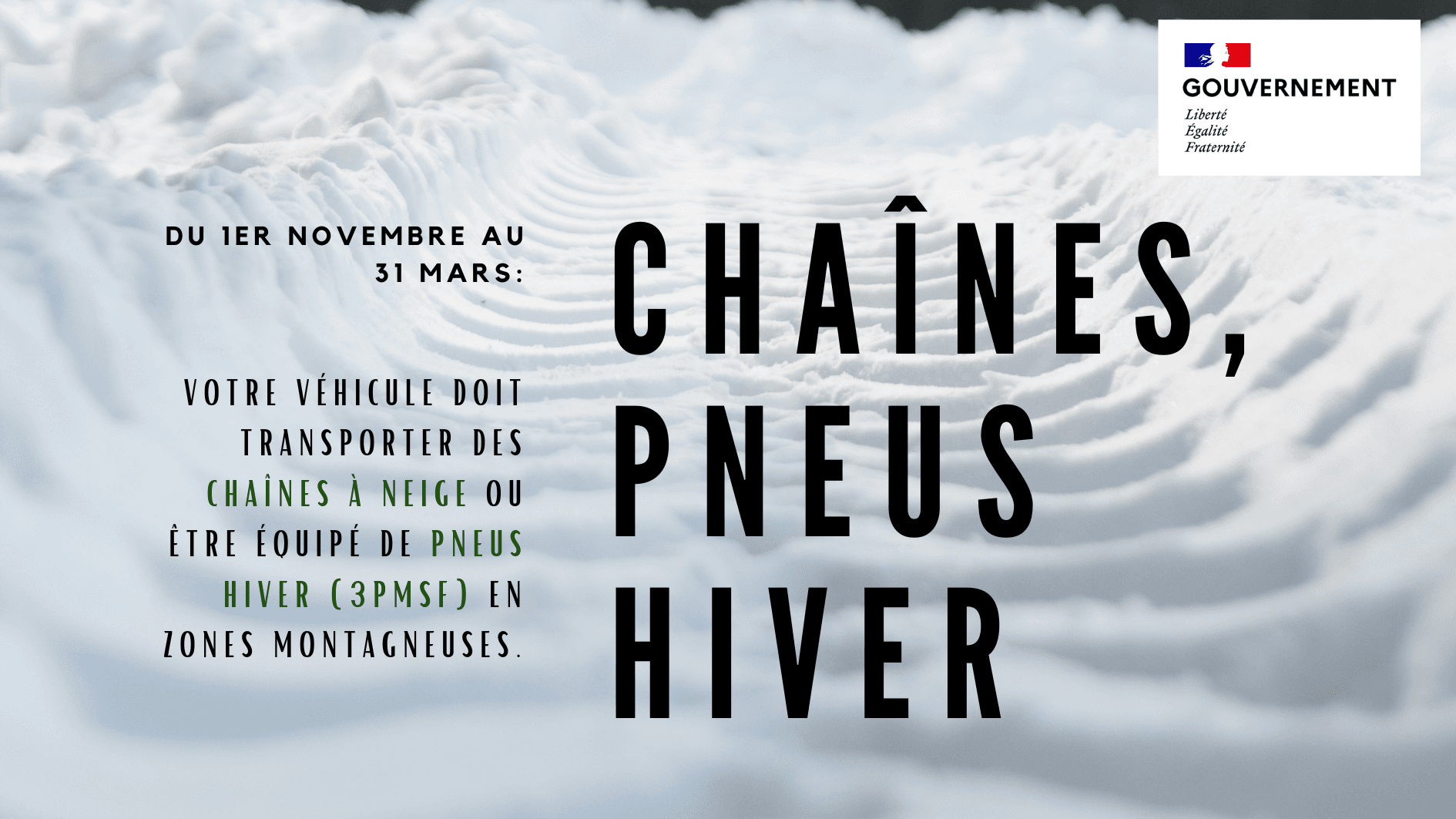
11/9/2023
Adapting to Change: Complying with Winter Equipment Requirements in the Transport Industry
Road safety is a priority for everyone, and with the arrival of winter, driving conditions can become particularly challenging. In response, France has implemented new legislation aimed at ensuring road safety during the winter months, especially in mountainous regions where the weather can be unpredictable and the roads hazardous. The new regulation directly impacts freight transport companies, both nationally and internationally, that transit through these areas.
Affected Areas
The areas that will be affected by this new legislation include mountainous regions known for their challenging winter conditions:
- Alps
- Corsica
- Massif Central
- Jura Mountains
- Pyrenees
- Vosges
It is imperative for carriers to be aware of the specific details of each zone, which include maps available on the official French government website, to properly comply with the regulations.
Equipment Requirements
The legislation dictates that all transport vehicles operating in these areas must be equipped with removable anti-skid devices (chains and socks) or winter tires with 3PMSF certification (Three Peak Mountain Snow Flake).
Vehicles equipped with studded tires are exempt from this requirement.
Until November 1, 2024, tires marked with "M+S" (Mud and Snow) will also be tolerated.
ATTENTION! As of November 1, 2024, only 3PMSF tires will be accepted as a valid alternative to chains.
Carriers may continue to purchase and use other types of snow-designed tires, but they must also be equipped with chains to use from November 1 to March 31 in the specified zones.
Specific Regulations by Vehicle Type
• Buses and coaches (M2, M3): Must be equipped with at least two chains or equivalent anti-skid devices, or have at least four winter tires mounted on the main steering wheels and the driving wheels.
• Heavy vehicles (N2, N3): Those not carrying a trailer or semi-trailer must have at least two chains or be equipped with winter tires as specified for buses and coaches. Vehicles with a trailer or semi-trailer must always carry removable anti-skid devices.
Signage and Compliance
The B26 traffic sign will inform drivers of the obligation to equip chains on snowy roads. With the new legislation, even outside of the established winter period, this signage will remain relevant and mandatory. It will be understood that vehicles with the equipment specified by the new regulation comply with the B26 sign requirement.
It is crucial that all transport companies review and update their policies and equipment in accordance with these new regulations to ensure the safety of their operations and avoid penalties. For more detailed information and constant updates on this, you can consult the official road safety page of the French Government.
At TRANSPORTS PORQUERES, we are experts in the transport of bulk and/or palletized goods, both nationally and internationally. In fact, our company has daily routes to France, and therefore, we know how the French-speaking market works. We are committed to excellence, which is why we ensure that your goods travel safely, with our entire fleet complying with current regulations.
Looking for a professional company to ensure that your goods reach their destination without any worries? Contact Transports Porqueres today to get more information about our routes!
Tags
Related News
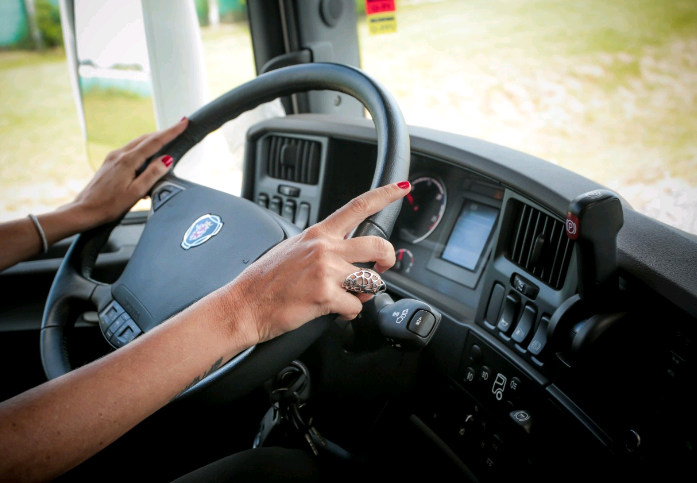
11/13/2021
New amendments to the R.G. of circulation, the R. G. of vehicles and the R. G. of drivers.
The Council of Ministers has just approved two Royal Decrees modifying, on the one hand, both the General Road Traffic Regulations and the General Vehicle Regulations and, on the other, the General Driver Regulations. If you want to find out about all the changes, how they affect you and when they come into force, don't miss this new article we ...






